|
Living in crowded and cramped conditions, Rohingya refugees sheltering in Bangladesh are particularly vulnerable to COVID-19. On August 10, 2021, amid a worrying spike in infections, the Government of Bangladesh launched the first phase of the COVID-19 vaccination campaign for refugees over 55 years of age in Kutupalong Refugee Camp. As the first line of health care, volunteers supported by Community Partners International (CPI) and local partner Green Hill mobilized to encourage and support eligible community members in Camps 1W and 4 to take up the vaccine.
California Philanthropists Launch $1.1 Million COVID-19 Match Fund to Save Lives in Myanmar/Burma8/10/2021
The B.K. Kee Foundation and other philanthropists have set up a $1.1 million match fund to help save lives in Myanmar (Burma) in the midst of a catastrophic surge in COVID-19 cases. The fund will double-match donations to Asia-focused California nonprofit Community Partners International's Myanmar COVID-19 SOS campaign while match funds last.
"I feel that I am doing an important job for my community. No matter how hard it is, somebody has to do it. In this case, it’s me." Tofayel, Rohingya health volunteer As Bangladesh experiences a spike in COVID-19 cases, there is rising concern for the 700,000+ Rohingya refugees from Myanmar sheltering in Kutupalong Camp, Cox’s Bazar District. Cramped living conditions and limited access to health services make them especially vulnerable. Community Partners International (CPI) and local partner Green Hill are supporting Rohingya volunteers to trace contacts of confirmed COVID-19 cases and help to contain the spread of the virus within the refugee community.
COVID-19 moves fast, and ever faster as new, more infectious variants emerge. This creates challenges for all public health systems but especially those in low-resource settings like Nepal. In these contexts, the ability to track resource needs and gaps in an accurate and timely way and deploy limited resources efficiently becomes even more crucial in the race to save lives.
Seeking to address these challenges in Nepal, Community Partners International (CPI), the blockchain tech company Ibriz and design agency Kazi Studios have created an open online platform called Relief Connect - reliefconnect.org. When seven-year-old Samiyun first started to attend the Chakar Mobile School, he struggled to adapt. Growing up in Dhaka’s slums, he had never had the opportunity to enroll in formal school. Instead, while his parents were out at work, he spent his days running the streets of his neighborhood with older children. His mother, a garment worker, and his father, a day laborer, work long hours with few days off. As they struggle to put food on the table, they don't have much time to devote to Samiyun and his younger sister.
On May 29, 2021, Community Partners International’s first shipment of 130 high-flow oxygen concentrators to Nepal touched down at Tribhuvan Airport in Kathmandu. Sourced in the United States, and airlifted with assistance from Direct Relief, the concentrators will help the people of Nepal in their desperate struggle with the COVID-19 pandemic.
“This partnership improves the hospital’s ability to provide comprehensive emergency care for vulnerable patients.” Dr. Md. Mahbubur Rahman, Cox's Bazar Civil Surgeon As Bangladesh and South Asia experience spikes in COVID-19 cases, Community Partners International (CPI) and Green Hill have mobilized to help Sadar Hospital in Cox’s Bazar cope with a rise in patients needing care.
"I didn’t understand what a vaccine was. I just heard that they can leave permanent marks on the skin and cause fever." Tasmin, 24, pregnant mother of two children Tasmin’s perception of vaccines is fairly common among her fellow Rohingya refugees in Kutupalong, Bangladesh, the world’s largest refugee camp. With limited access to accurate health information, misunderstandings and false rumors can travel rapidly within the community.
The photograph above shows a COVID-19 patient at Saroj Gupta Cancer Centre and Research Institute in Kolkata, West Bengal, India, using an oxygen concentrator provided by Community Partners International and partners. This is one of 4,759 concentrators that have now reached India on five relief flights. They have been distributed to more than 70 health facilities in 19 states and territories where needs are greatest. At least 500 more are scheduled to be shipped later this month.
On May 9, a Fedex cargo plane from Newark touched down in Mumbai, India. On board were more than 3,400 oxygen concentrators procured by Community Partners International (CPI) in partnership with Navya and Direct Relief. A few hours later, an Air India passenger plane reached Delhi with an additional 400 concentrators. These are the third and fourth humanitarian shipments delivered to India by Community Partners International and partners in the past two weeks that will help many thousands of people survive COVID-19.
|
AuthorCPI Admin Archives
April 2024
Categories
All
|

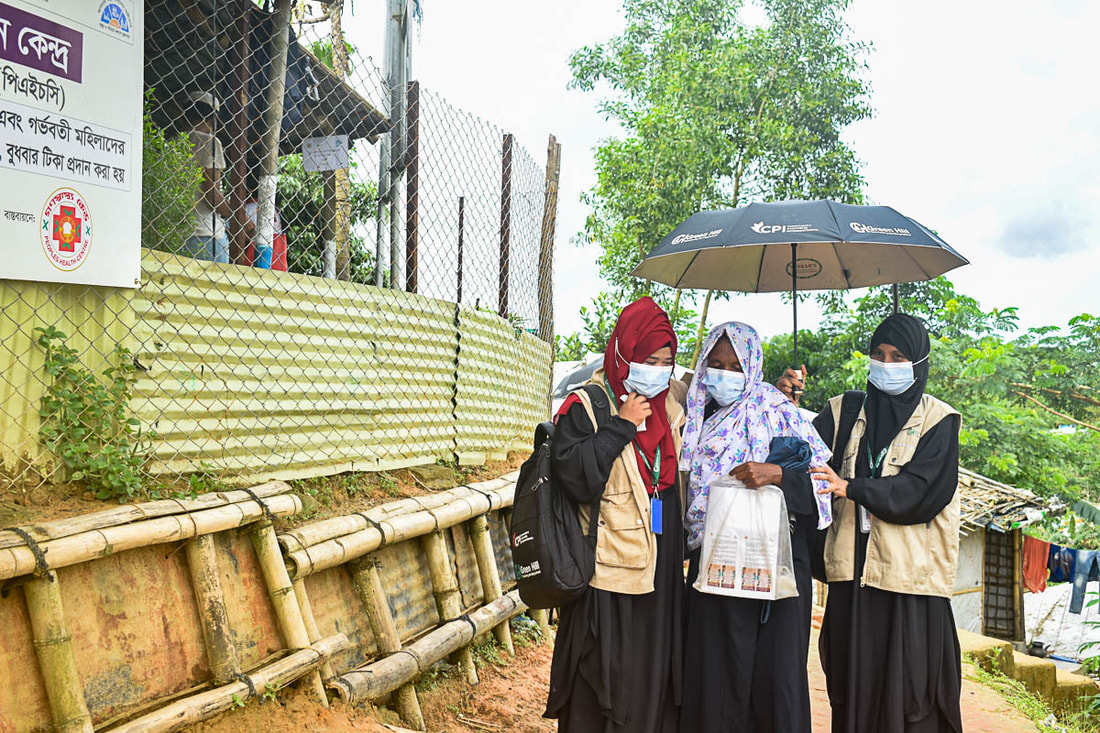
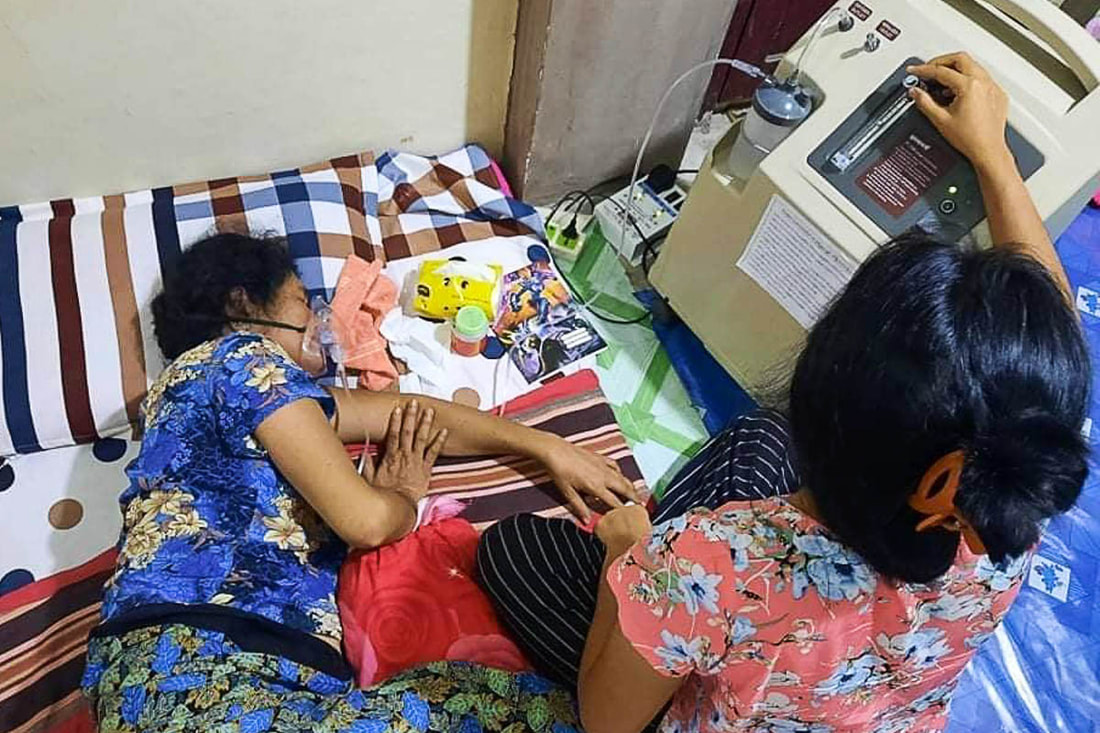
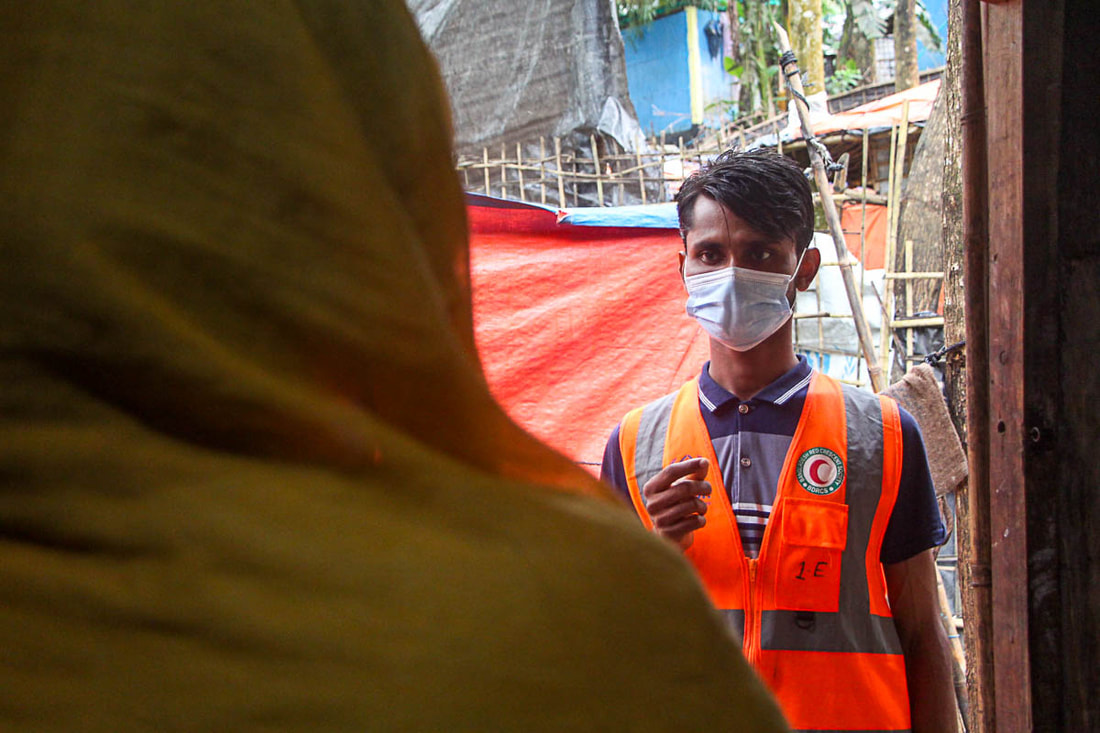
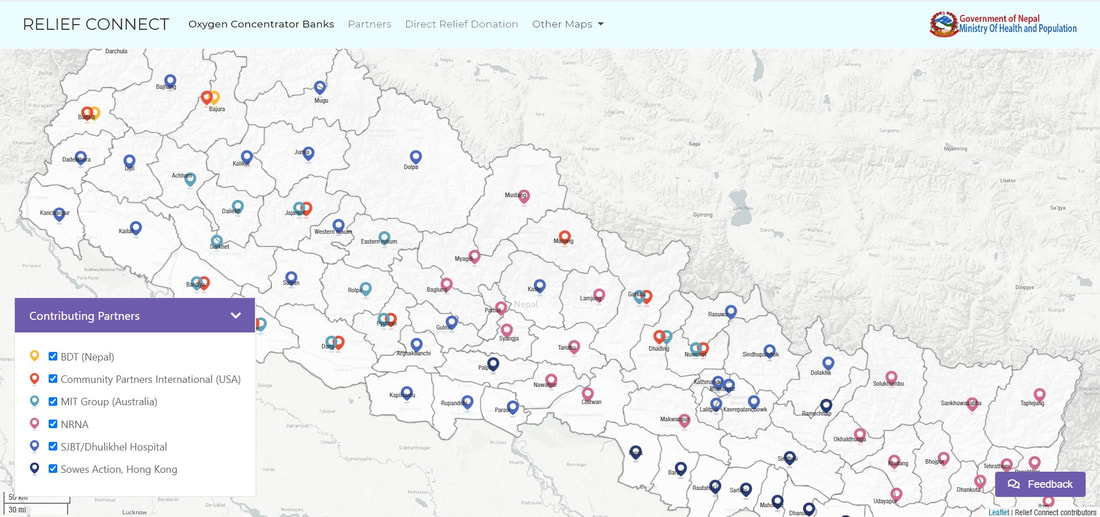
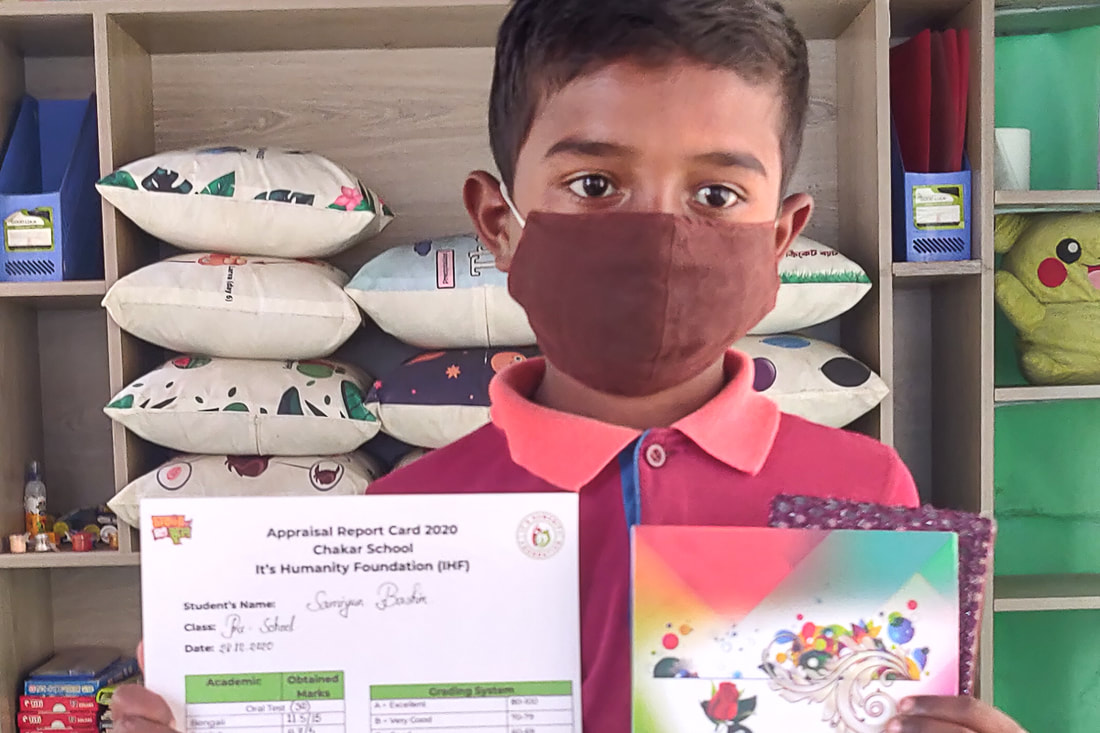
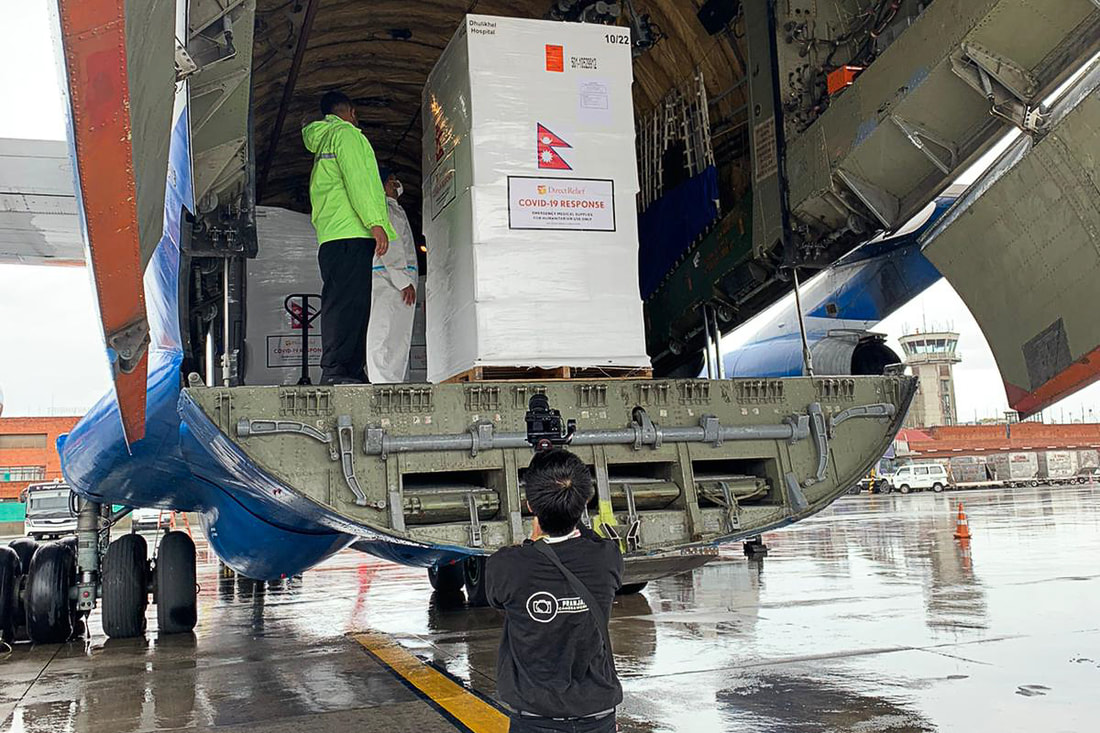
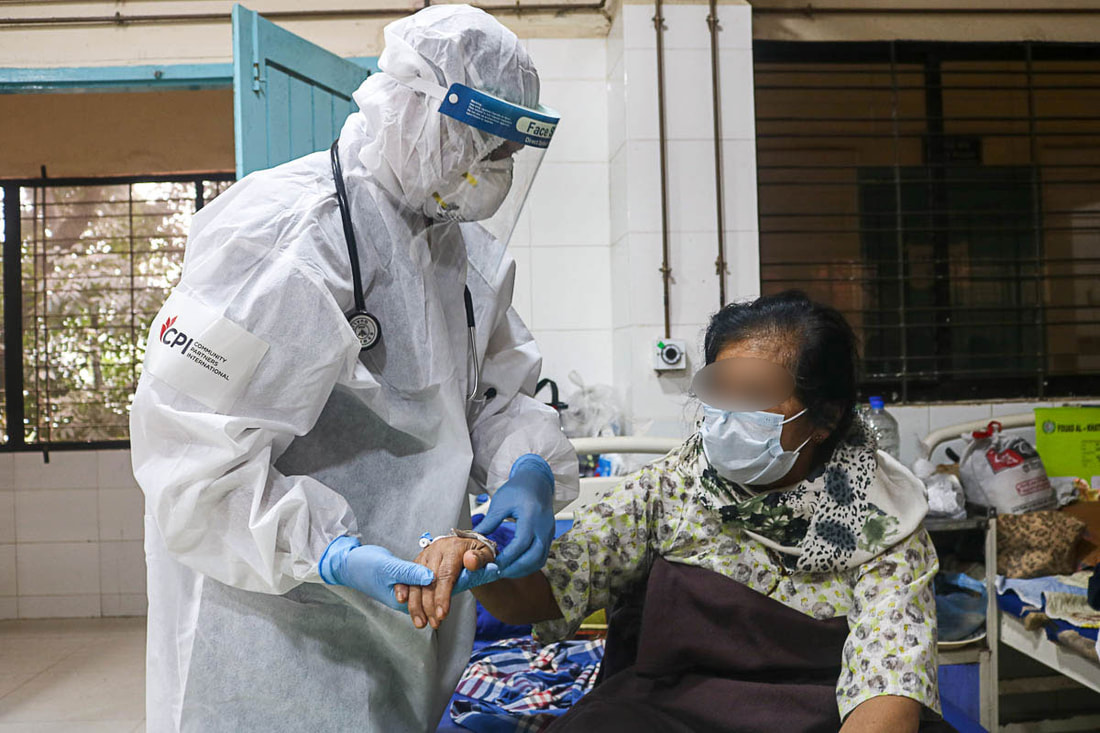
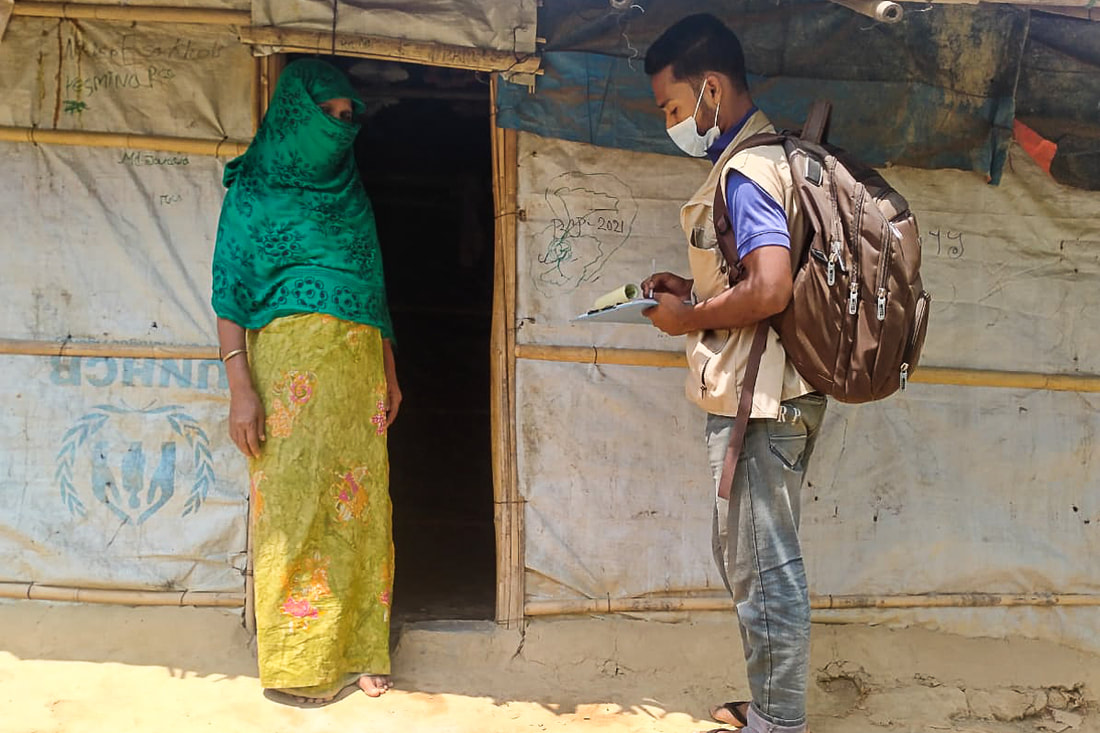
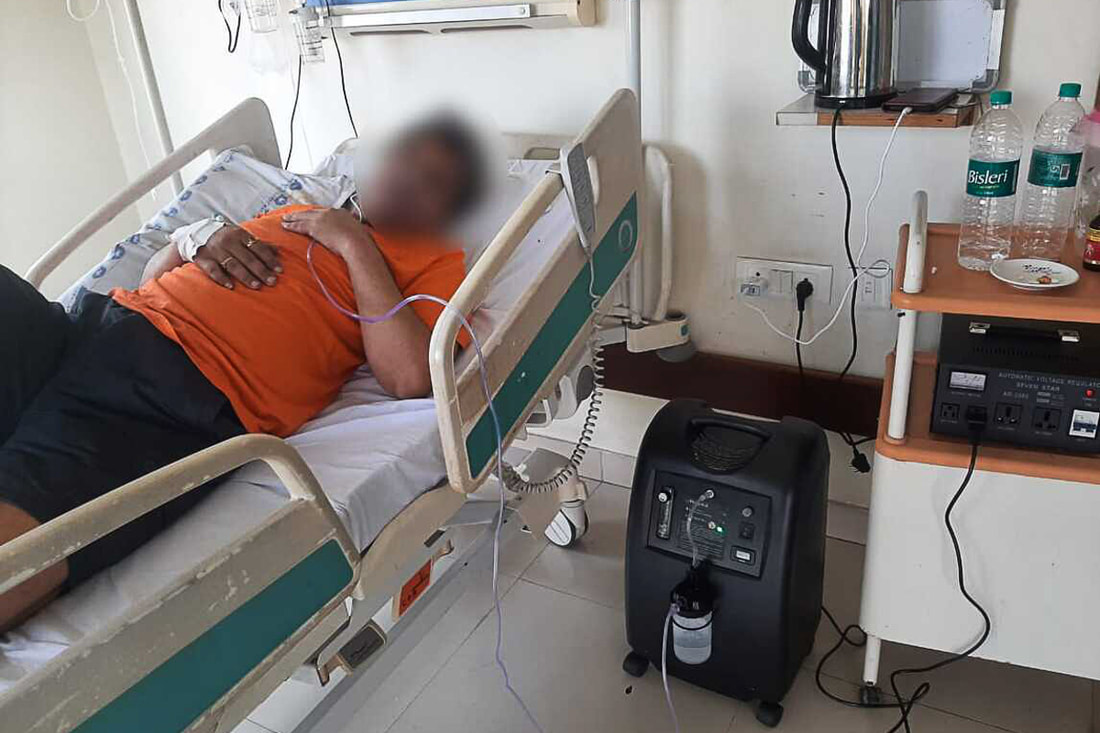
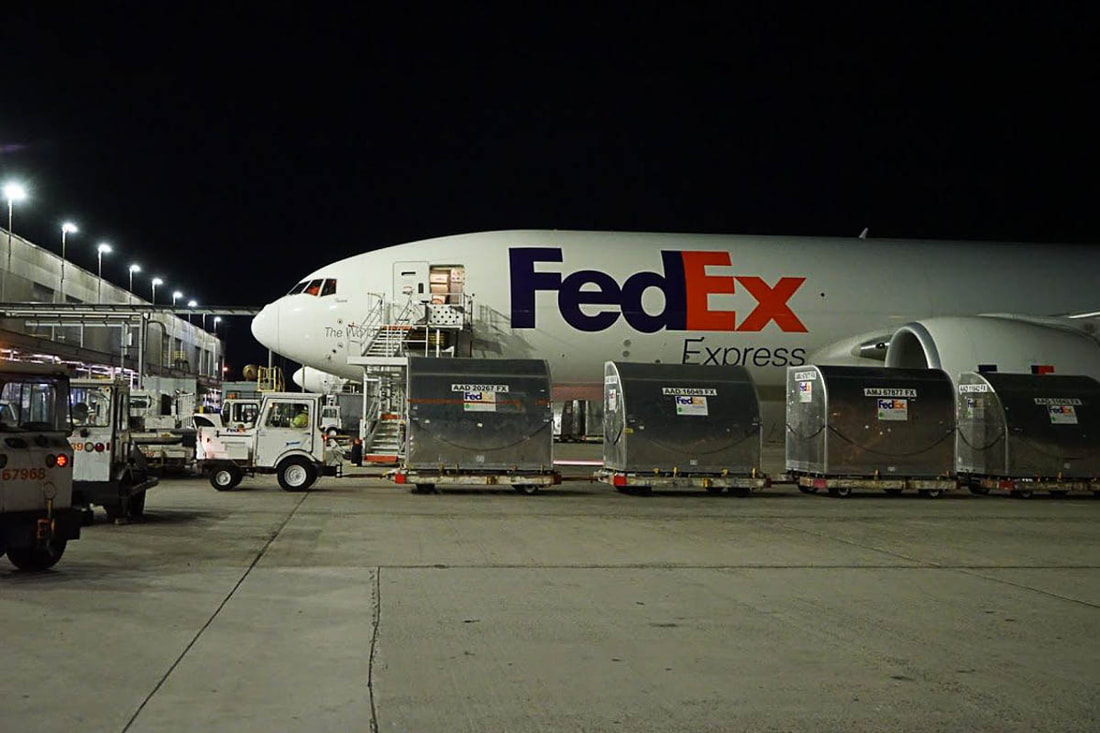
 RSS Feed
RSS Feed
